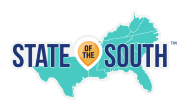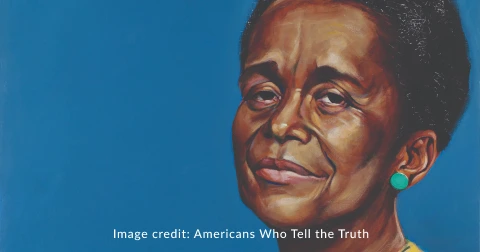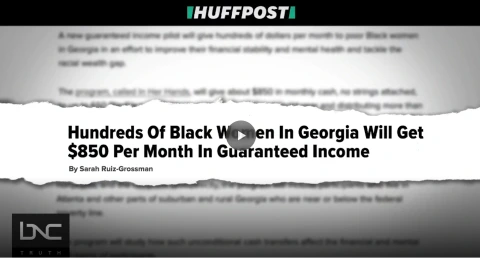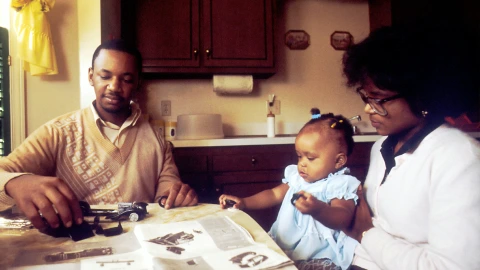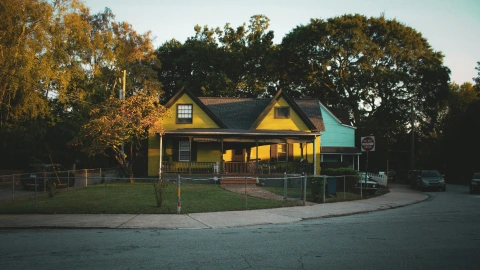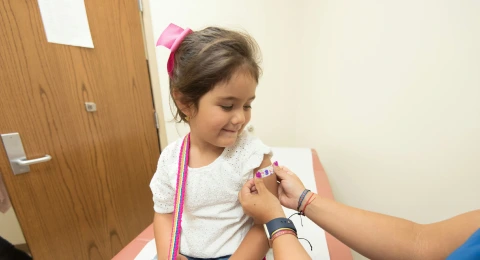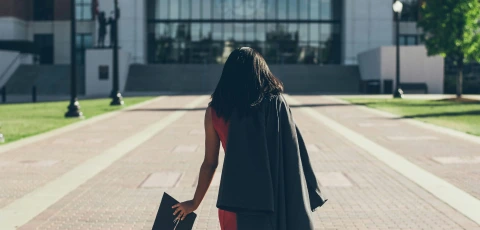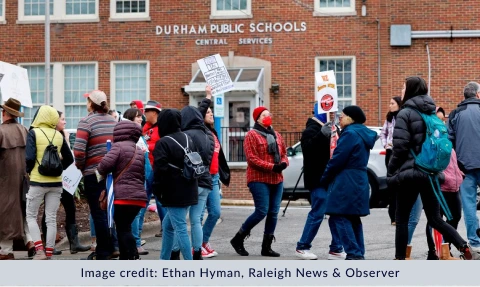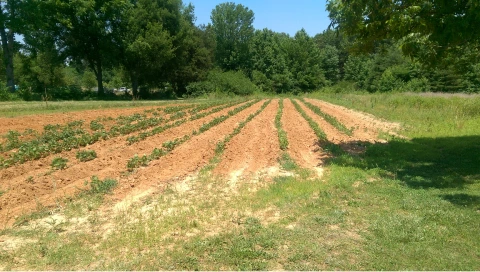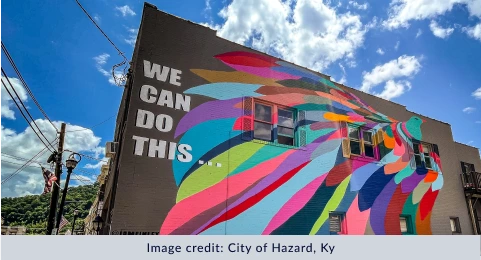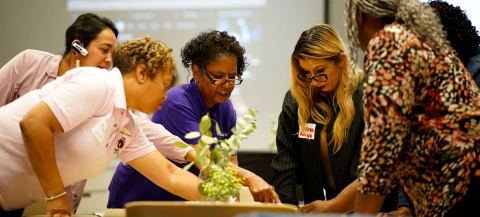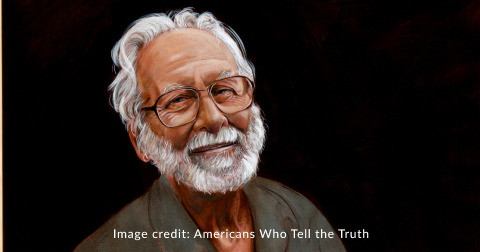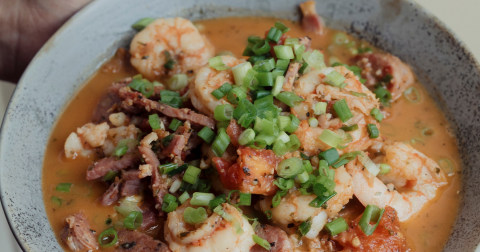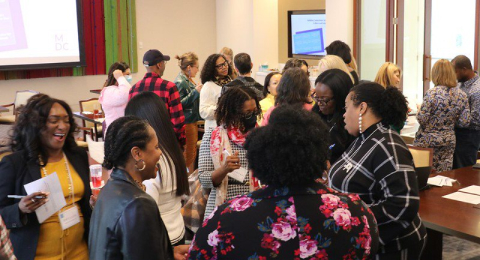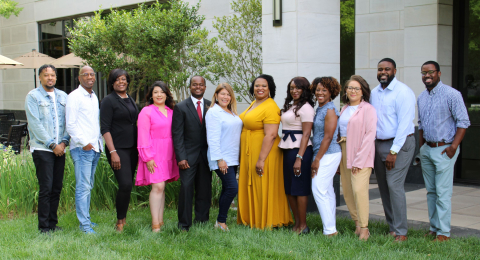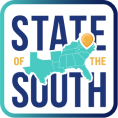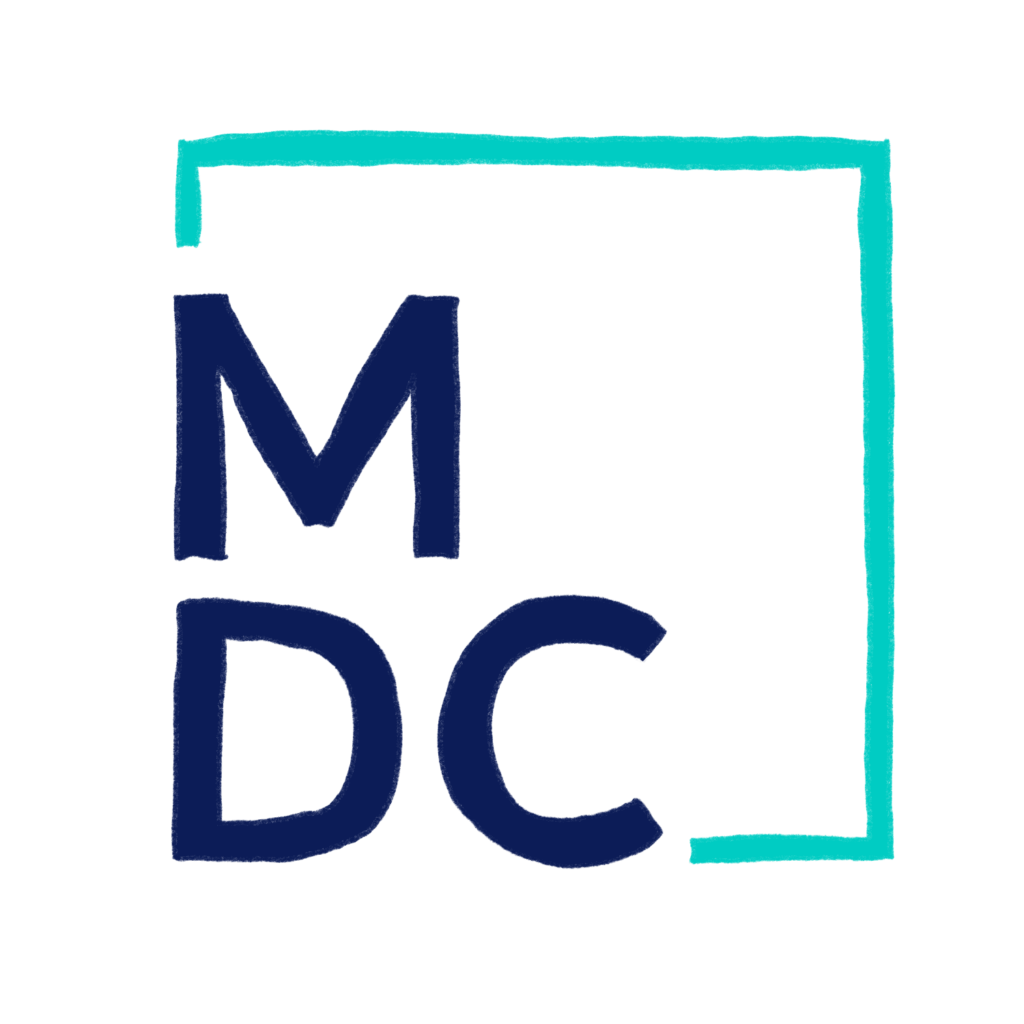Realizing Meaning, Dignity, and Community in the South
Welcome to State of the South™
The State of the South, MDC’s premier publication, began in 1996 as a report on the economic conditions and demographic trends affecting the South. Over time, the report’s influence grew, helping shape the priorities of nonprofits, philanthropic organizations, and elected leaders throughout the region.
John L. S. Simpkins
MDC President and CEO
Today, we are excited to present you with a new model for State of the South. This report is a testament to the vital conversations shaping our region’s future. It highlights the remarkable leaders driving change in their communities and MDC’s efforts to build an equitable and inclusive South. Moreover, it recognizes the transformative power of art in reimagining the South we aspire to—a South where creativity becomes a catalyst for new narratives, healing, and shared progress.
This report celebrates the South AND calls us to act. It is a clear-eyed assessment of the work that lies ahead and a powerful reminder that the South’s true strength comes from its people—all of us, forging a future imbued with meaning, dignity, and community.
MDC envisions a South where all people thrive.
We work with partners to strengthen community capacity, foster collaboration, and build influence to challenge systemic inequities and build an equitable and inclusive South.
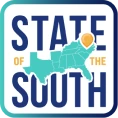
From radical imagination to policy advocacy: Realizing equity in the South
In summer 2022, MDC engaged a team of staff and partners to redesign our State of the South report into a series of community-driven convenings. We spent the last two years bringing people together in Atlanta, Georgia; Berea, Kentucky; Birmingham, Alabama; Charleston, South Carolina; and Durham, North Carolina, to answer the question: What would our communities look and feel like if equity were a shared Southern value?
By Karim Baer, MDC State of the South Director, 2022-2024
Artist Johnny Lee Chapman, III, performs “The Fourth State,” a piece he wrote while attending State of the South: Durham in October 2022.

Meaning
mean•ing (noun) Southerners’ ability to envision and shape their own best futures
We make hundreds of decisions every day. Some choices, like working or doing chores, feel less like choices and more like obligations. Other choices we make purely for joy and fulfillment, like spending time with loved ones or pursuing hobbies. What matters most is that we get to choose.
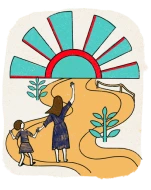
The stories in this section illustrate how systemic barriers to housing, income, wealth, and health care keep communities of color and low-income communities from achieving the stability they need to pursue their dreams. The authors call for bold leadership and transformative solutions so that all Southerners can build the life they imagine for themselves.
The South has one of the most significant racial wealth disparities in the nation. When it comes to anti-Black economic exploitation, every region of the United States is culpable, but the South has some of the widest racial wealth divides.
By Hope Wollensack and Amit Khanduri
Tools like guaranteed income, raising the minimum wage, and baby bonds address both immediate financial needs and long-term economic stability. All three strategies directly increase disposable income for individuals, leading to more spending in local communities, which stimulates small businesses and boosts state tax revenue.
For as long as I can remember, home has been more than just a place; it’s been a shelter, a hangout spot for friends, or, as my mama would say, “home is a peace of mind.” It’s where I’ve laughed, cried, loved, and learned.
By Craig Logan
Homelessness, housing insecurity, and housing affordability are deeply interconnected issues that produce a cycle of social and economic inequities. Learn more about these issues and innovative solutions to the South’s growing housing problem.
On the morning of July 6, 2022, I called my mother. “Jennifer,” she said, “we have other things to talk about right now. Beth passed away last night.” As the words “Beth’s dead” left my lips, my 92-year-old grandmother collapsed onto the softness of her brown velvet floral loveseat.
By Jenny Fine
Seven Southern states have rejected Medicaid expansion, refusing billions of dollars from the federal government and keeping millions of Southerners from accessing affordable health care. Learn more about how Medicaid expansion would benefit the South.
Eleanor Tyson is taking out a loan to go to graduate school, adding to her current student debt. As an undergrad, she didn’t know much about student loans or high interest rates. Now she’s worried about her future.
By Grace Vitaglione, Carolina Public Press
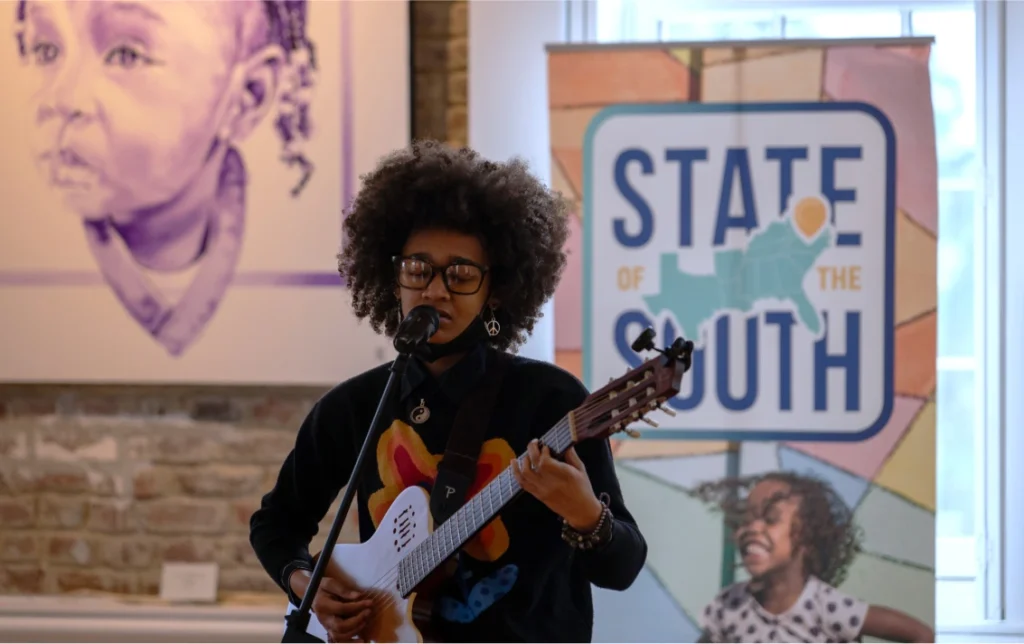
Carry On
Music and lyrics by Harlem Farr
I sing a long song
The same old one
I heard before
Tell me when does it end?
For generations
We’ve endured
So very much, our voices worn…
(whoa, whoa)
Won’t give up now
‘Cause I choose to carry on
Long as we keep singing
Our mighty song
“Carry On,” written and performed by musician Harlem Farr for 2024 State of the South: Charleston

Dignity
dig•ni•ty (noun) the sense of respect and value Southerners experience in all the places they live, learn, and work
As human beings, we all have inherent dignity. Yet our understanding of self-worth—of our dignity—is highly influenced by how people and institutions treat us, including our employers. Work that recognizes the inherent dignity of all people must prioritize fair pay and inclusion.
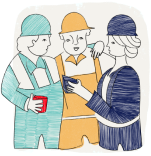
In the stories that follow, we hear from inspiring leaders who are working to build an inclusive economy that values and respects Southern workers.
Unions exist to empower workers to advocate for equitable treatment. In the South, sectors like education, health care, agribusiness, and manufacturing are especially well-suited for unionization, as they often involve low wages and challenging working conditions.
There are over 36,307 H-2A workers in Georgia – primarily from Mexico and Central America – whose labor contributes over $70 billion each year to the state’s economy. Yet, these workers are unable to access safety net programs or social security payments, even when they’ve contributed all their lives.
By Gilda Pedraza
It’s time to embrace a new approach to economic development grounded in the realities of the 21st century, not the economies of the past. We must look beyond resource extraction and beyond the industrial revolution to create more diverse, resilient, sustainable, and equitable economies.
By Peter Hille
Throughout the COVID-19 pandemic, many child care providers relied on retirement funds, federal stimulus money, or public assistance programs to make ends meet. In the pandemic’s aftermath, we’ve seen the effects of their economic precarity: child care is harder to find and more expensive than ever.
By MDC’s Educational Equity Team
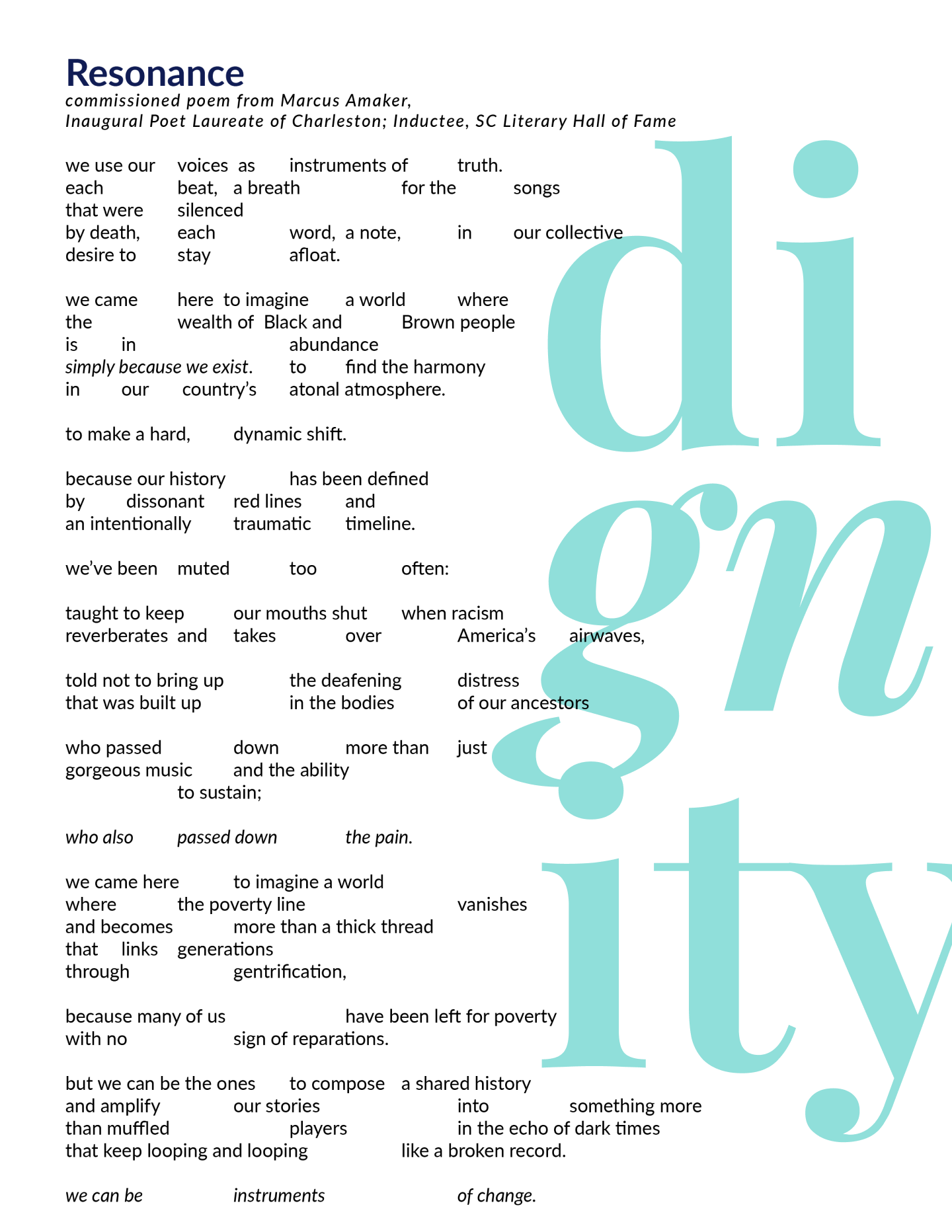
Marcus Amaker performs his work, “Resonance,” at State of the South: Charleston in March 2024. Amaker is the First Poet Laureate of South Carolina and Member of the South Carolina Literary Hall of Fame.

Community
com•mu•ni•ty (noun) Southerners’ sense of connection, collaboration, and equitable voice in decision-making
Being Southern is both comforting and complex. We take pride in where we’re from and who our people are, yet we’re surrounded by cultural narratives, landmarks, and political rhetoric that falsely tell us who belongs and who doesn’t. These messages aren’t just symbolic: they’re a tool used to determine who thrives and who merely survives in the South.

The stories in this section demonstrate how communities are organizing – and institutions are responding – to ensure that all Southerners can participate in shaping the future of our region.
Equity and justice are central concerns of government, yet a documented history of discriminatory policies makes it difficult for the public sector to engage in these issues directly. Public sector professionals needn’t look far for help.
By MDC’s Rural Prosperity & Investment Team
“Othering” is a strategy used by those with power to alienate groups deemed “different.” The result is fear and political polarization. As the South grows increasingly diverse, will we allow the culture of “othering” to continue, or will we combat divisiveness with belonging?
By Jonathan C. Augustine
The Investing in Leaders of Color Fellowship provided valuable support to leaders who face systemic barriers in the philanthropic sector. But after the Supreme Court’s 2023 decision against affirmative action, MDC made the hard choice to remove ourselves from the program. Why?
By MDC’s Equity Centered Leadership & Philanthropy Team
As leaders of color, we understand firsthand the challenges and opportunities of seeking support from funders. We know more money goes to White-led organizations than Black-led organizations. And we know what needs to change.
By Giany Guedjo, Jovonia Lewis, ReZsaun Lewis, and Angela McDuffie
A$iahMae, Poet Laureate of Charleston, S.C. performed her work “In the Wake of Jamal Sutherland,” at State of the South: Charleston in March 2024.
In the wake of Jamal Sutherland
Before there is a movement
There is a moment
A hurried heart
Rapid inhale
Intuition punch to the pit of your stomach
A minute, molecular rapture
The moment before the bow breaks
Before the bile backed rage teetering on the cup of your tongue spills over your teeth
Before the stress pooling in the small of your back
Forms ocean currents too strong to swim through
Before the wails and sirens become anguish songs for mothers too tired to sing
This isn’t a moment before just anything
This is the moment before the action
The moment before you move
This is the moment you decide
How tired are you of being tired?
How much are you willing to lose?

This call to action presents a foundational set of recommendations grounded in our shared commitment to equity, inclusiveness, and the opportunity for all Southerners to thrive. While this is a starting point, we recognize it is incomplete. We look forward to engaging with leaders, research experts, and those with lived expertise to deepen our understanding and advocacy for a South where everyone can thrive.

Graphic recording of MDC’s State of the South: Durham convening in October 2022. Art by A Visual Approach.
Acknowledgements
Completing this report would not have been possible without the contributions, support, and expertise of many individuals and organizations. With heartfelt gratitude, we acknowledge the community members and leaders of Atlanta, Georgia; Berea, Kentucky; Central Appalachia; Birmingham, Alabama; Charleston, South Carolina; and Durham North Carolina, whose experiences, insights, and time have been invaluable to this work. Your voices and truths are the foundation of this report, inspiring us with possibilities for a thriving South.
